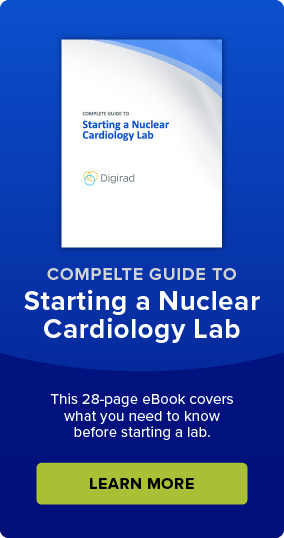Healthcare is ever-changing, so it’s important to stay up to date on advancements and issues that may impact the development, operation, maintenance, and growth of your services. Here are some important developments:
SNMMI 2016 call for abstracts
The Society of Nuclear Medicine & Molecular Imaging (SNMMI) is now accepting abstracts for the SNMMI 2016 Annual Meeting, June 11-15, 2016 in San Diego, California. The Scientific Program Committee welcomes physicians, scientists, technologists, lab professionals, and educators/course directors with the opportunity to present and publish innovative scientific investigations to medical imaging professionals from around the world. Continue Reading…
ACC, SCAI and HRS commit to cardiovascular public reporting program
Major cardiovascular societies are increasing their public reporting of data to help patients obtain information on hospitals’ care delivery and improve the quality and cost of care, according to an advisory published online in the Journal of the American College of Cardiology. “The most compelling justification for public reporting is the right of an individual to know about the care that he or she is likely to receive,” the societies wrote. Continue Reading…
Rate of adults with high total cholesterol declines in U.S.
The proportion of U.S. adults with high total cholesterol and low high-density lipoprotein (HDL) cholesterol has decreased in recent years, according to data released by the Centers for Disease Control and Prevention. Continue Reading…
Top 6 trending payment models demanding new long-term focus
Paying for outcomes gained instead of mere services rendered is the new name of the healthcare game. This means the simple notion of paying for multiple physician visits, medical procedures, and the like is no longer tied to volume but value. Although counterintuitive, the focus on quality over quantity may actually bring in more revenue compared to a more traditional payment model approach. Continue Reading…
Predicted heart age is older than chronological age in most U.S. adults
Most adults in the U.S. have a predicted heart age that is significantly higher than their chronological age, according to the Centers for Disease Control and Prevention (CDC) study recently released. The average predicted heart age was 7.8 years older than chronological age for men and 5.4 years older than the chronological age for women. Continue Reading…
Predicting 30-day readmissions for heart failure patients remains challenging
A model developed to predict 30-day readmissions for heart failure found that having patients self-report their socioeconomic, health status and psychosocial characteristics did not improve the researchers’ ability to determine the readmissions risk. Harlan M. Krumholz, MD, SM, of the Yale School of Medicine in New Haven, Conn., and colleagues published their results online in the Journal of the American College of Cardiology: Heart Failure. Continue Reading…



